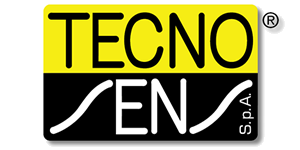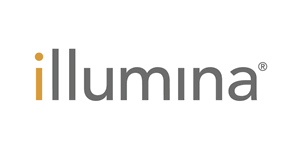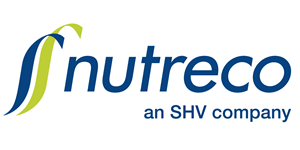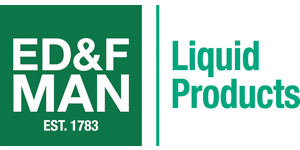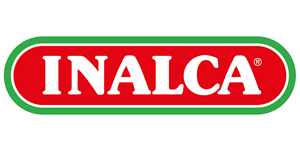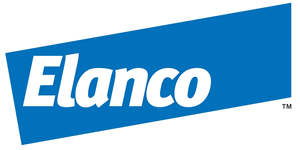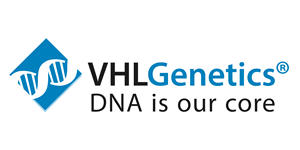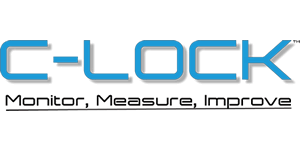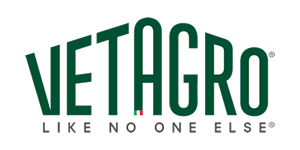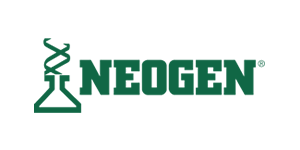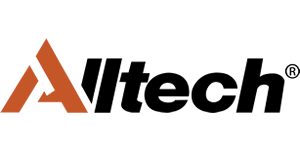The Return of Hungary to EAAP

The great news is that Hungary has officially rejoined the European Federation of Animal Science (EAAP) after a period of absence. This is particularly noteworthy news, as Hungary had historically been one of the Federation’s most active members, with high-profile representatives in both the institutional and scientific spheres. Over the years, the country has hosted the EAAP’s annual conference three times (1970, 1986, and 2001), making a significant contribution to research and the development of European animal science. Hungary’s temporary withdrawal created a tangible gap in both senses: on the one hand, the European network felt the absence of a historic and innovative contribution; on the other, Hungary itself inevitably suffered from the weakened international cooperation and exchange that EAAP guarantees. Indeed, the organisation promotes dialogue and collaboration among scientists, researchers, and professionals in various fields of animal sciences, aiming to advance the entire sector. Hungary’s return strengthens a network that currently includes almost all EU countries (Malta being the only exception). A group of universities and of the national breeders organization, chaired by the Debrecen University supported the join back of Hungary into EAAP. This comeback underscores the importance of having a common platform where research, results, and best practices can be shared—particularly at a time when animal production is facing pressing challenges: environmental sustainability, food security, animal welfare, and technological innovation. Moreover, Hungary’s animal science tradition—rich in native breeds and distinctive breeding methods—will facilitate cultural and scientific exchange that will enrich the entire European context. The country will once again be able to play a significant role in shaping European policies on animal science, contributing its own experiences and perspectives to complement the Federation’s overall strategies. This renewed Hungarian presence is a positive sign for the European livestock community and helps to build a more innovative, sustainable, and cohesive future for the entire sector. The warm welcome extended to Hungary and its animal scientists highlights the value of a collaborative approach, which, through the sharing of knowledge and experiences, enables more effective responses to the global challenges of animal production.

